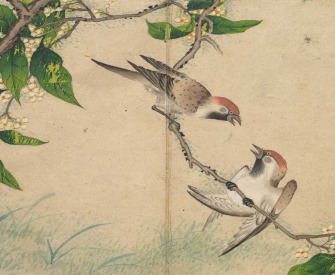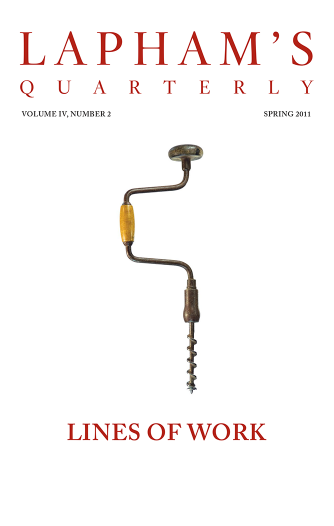It seems a desirable thing to leave for long years behind one an unburied name. But a man is not perforce superior because he is of noble family or high degree. Foolish and unskillful people, thanks to birth or opportunity, sometimes rise to high rank and live in great state, while saints and sages, lacking opportunity, have lived and died in humble stations.
Only less foolish therefore is the desire for rank and office.
If we reflect on the desire to leave behind a name for excellence of heart and head, we see that the love of fame is a delight in the approval of others. But neither those who praise nor those who blame remain long of this world, and those to whom they tell the tale must presently depart. Whose praise do you covet? Whose blame do you dread? Praise is the fountain of blame. Though your fame lives on, it profits nothing, and this desire comes next in foolishness.
Speaking of such as persist in the mere search for skill and wisdom, it must be said that with the growth of knowledge comes falsehood; increasing talent brings increasing care.
True knowledge is not gained by precept or by study. What then is knowledge? Right and wrong are one. What is good and what evil? The true man has neither knowledge nor virtue. He is without deeds, without name. Who then shall know him, who shall speak his fame? Not that he conceals his virtue, nor cherishes his unwisdom, but because he is beyond the confines of wisdom and of ignorance, of gain and of loss.
So much for those that set their deluded hearts on fame and profit. All things are nothing—unworthy of speech, unworthy of desire.
From Essays in Idleness. Born into a family of Shinto priests, Yoshida Kenkō secured a place at court as a poet before taking Buddhist orders in 1324. He described writing his essays as spending “the livelong day before the ink slab, by jotting down without order or purpose whatever trifling thoughts pass through my mind.” The form emulates the “follow the brush” style of Sei Shōnagon’s The Pillow Book.
Back to Issue





